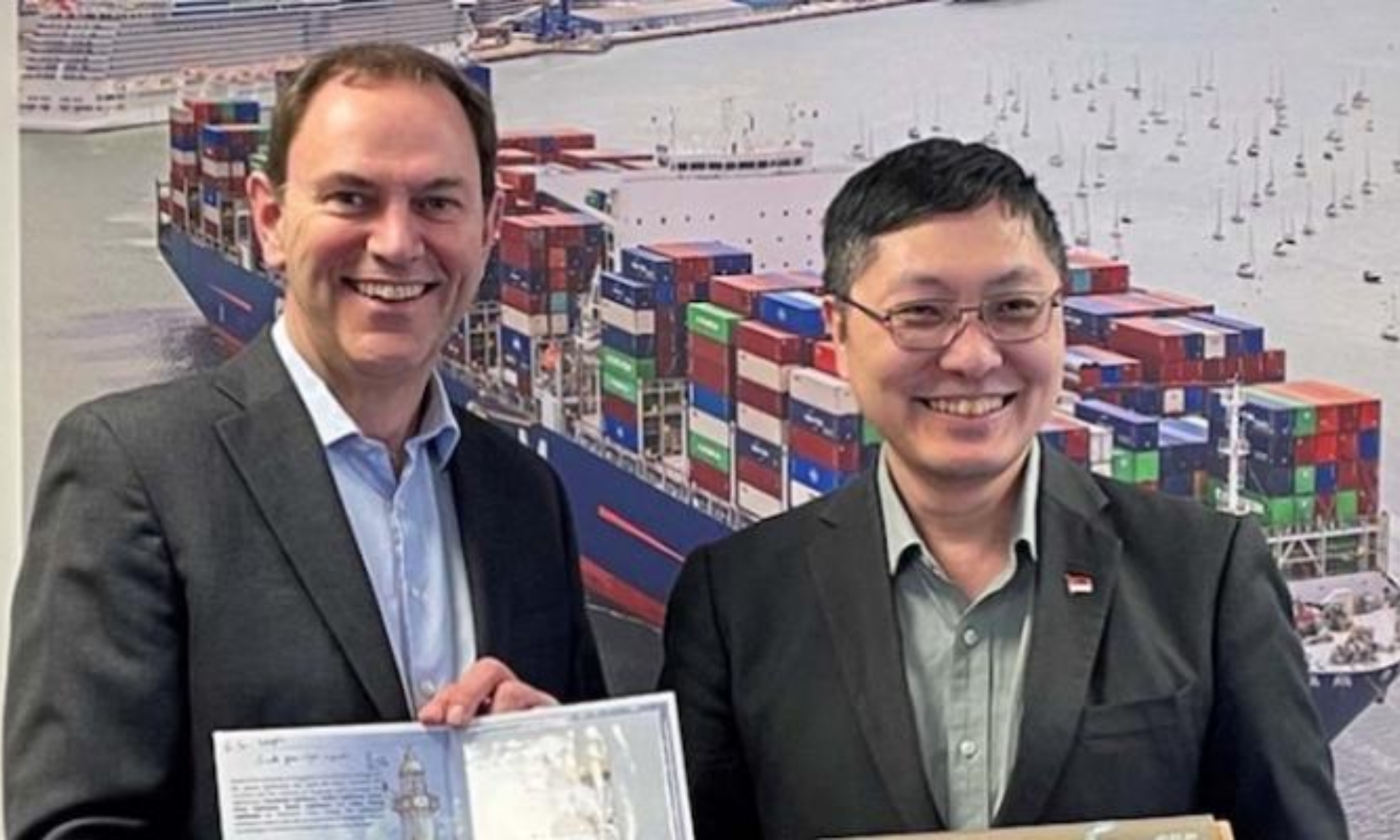Ports of Southampton and Singapore explore green partnership

Source: Seatrade Maritime News
Associated British Ports (ABP) in Southampton and the Maritime and Port Authority of Singapore (MPA) are to explore collaboration on green and digital shipping.
The two ports discussed various areas of potential cooperation regarding sustainable maritime transport during the UK-Singapore Green Economy Framework (UKSGEF).
The meeting was seen as paving the way for further discussions on green and digital shipping cooperation between Singapore and Southampton.
“We’re committed to driving progress in sustainability, as evidenced by our leading position as the UK’s first significant shore-power provider. Partnership between ports and with governments will be key in driving real change and today’s discussions between us and MPA set a great foundation for sustainable maritime trade between our two ports,” Alastair Welch, ABP’s Regional Director for Southampton said.
“There is a strong base of collaboration between the UK and Singapore in maritime. Today’s discussion between the Port of Southampton, UK stakeholders and MPA was a good opportunity for us to address common challenges, learn from each other and exchange views on maritime decarbonisation and digitalisation. I look forward to a strong partnership in developing cost-effective solutions for the international shipping community,” Teo Eng Dih, Chief Executive of the Maritime and Port Authority of Singapore, said.
MPA Singapore recently signed a Letter of Intent (LOI) with the International Association of Classification Societies (IACS) to collaborate on various maritime digitalisation and decarbonisation initiatives, aiming at developing technical standards and unified requirements to ensure that new maritime solutions are safely implemented. The LOI will focus on key areas such as smart and autonomous ships, digitalization and cybersecurity, marine electrification, and the use of zero- and low-carbon fuels onboard vessels
